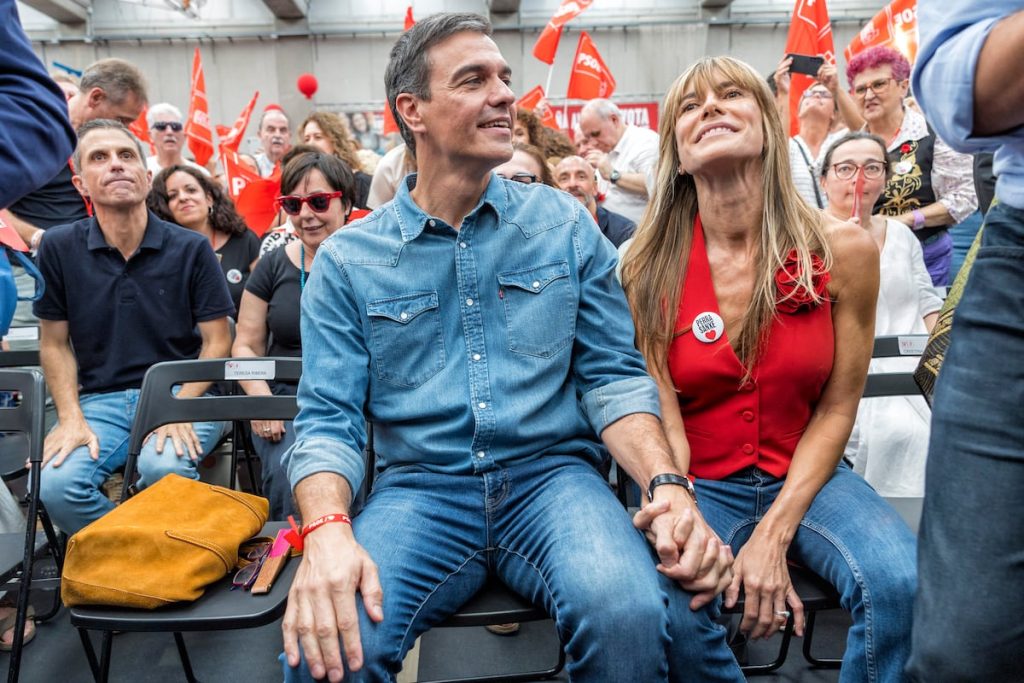Pedro Sánchez has chosen to wield weapons in the form of a traditional letter, sent as a PDF document on paper without letterhead. This classic approach stands out in the midst of a hyper-technological society, emphasizing the power of words, narrative discourse, and the meaning behind them as opposed to the digital chaos and misinformation that pervade the internet. This strategic move positions words against falsehoods, providing a stark contrast to the noise and troll-filled online spaces.
Timing is essential in this situation, as the letter was released just an hour before the evening news and with enough time for newspaper deadlines. This deliberate timing ensures a wide audience and control over the initial narrative, with a disruptive impact on the digital sphere. Coming just 72 hours after the election results in the Basque Country and on the eve of the Catalan campaign, it sets the stage for a significant moment in Spanish politics.
Sánchez’s decision to take a specific and limited time to reflect allows for the maintenance of tension and the pace of a potential counteroffensive. Rather than a retreat, it seems more like a regrouping of energies, allies, support, and resources. The second strike will be crucial for determining the success of his efforts. By identifying and grouping adversaries, Sánchez has effectively brought potential allies together while labeling and uniting his opponents.
The narrative Sánchez presents positions him as a victim of illegitimate efforts to destroy his adversaries, painting them as antidemocratic, unscrupulous, disloyal, and ruthless. From a supposed accomplice to his wife’s activities to a target of a murky political operation, he portrays himself as a resilient fighter against undemocratic forces. This bold maneuver sets him up as a defender of morality and ethics in a political landscape where anything goes, marking a significant departure from traditional political tactics.
In choosing his tone, Sánchez mixes irritation with personal and family sacrifice, presenting himself as a patriotic figure willing to endure hardships for the greater good. This approach likely foreshadows a more personal battle ahead, emphasizing perception over ideology and challenging voters to believe in his righteousness beyond mere arguments. By focusing on moral and ethical grounds, Sánchez aims to reclaim the notion that not everything is acceptable in politics, marking a potentially significant shift in political discourse.
President Sánchez’s recent political move has had unexpected and far-reaching consequences, showcasing his capacity for resilience and making bold decisions against the odds. By accepting the challenge presented by the right-wing forces and bolstering the political framework of his leadership, he forces his diverse coalition supporters to rally behind him in the face of relentless attacks. This strategic maneuver places the spotlight firmly on Sánchez’s leadership and sets the stage for a fierce political battle ahead.
While there are numerous political considerations to be made, the ultimate impact of Sánchez’s decision will likely hinge on the human factor. Whether he has reached his breaking point or the beginning of a new phase remains to be seen, with parallels drawn to the impressive example set by Portuguese Prime Minister António Costa. As speculation continues until Sánchez’s announcement and explanation of his decision on Monday, the importance of sensitivity and the human element cannot be overlooked in the analysis of this significant political moment.


